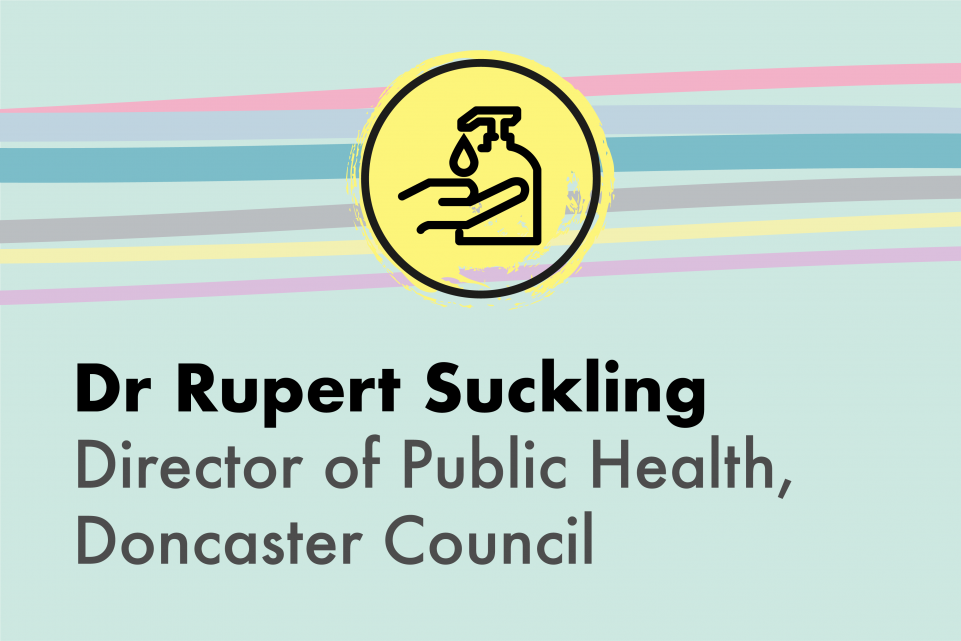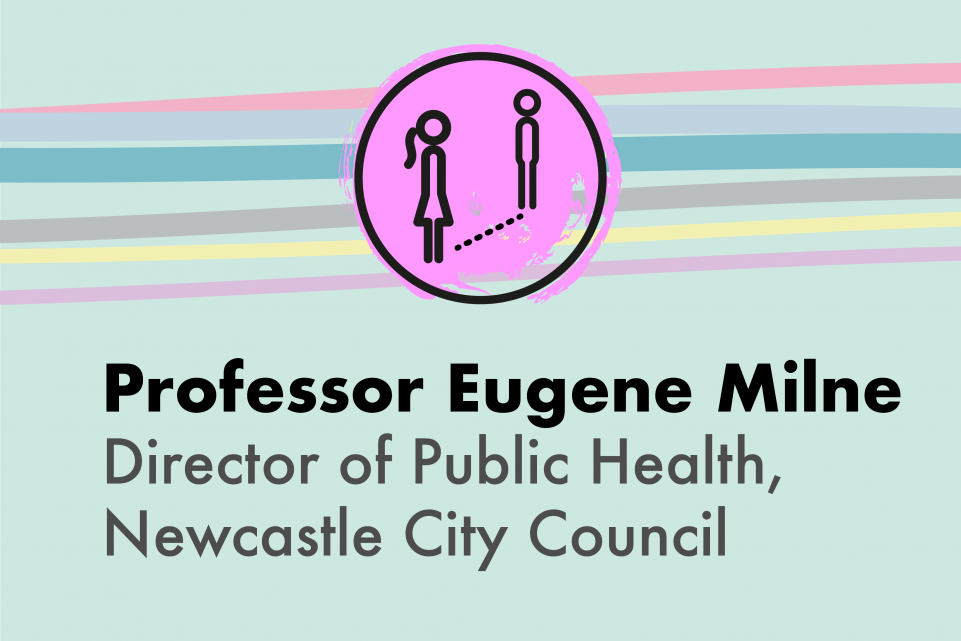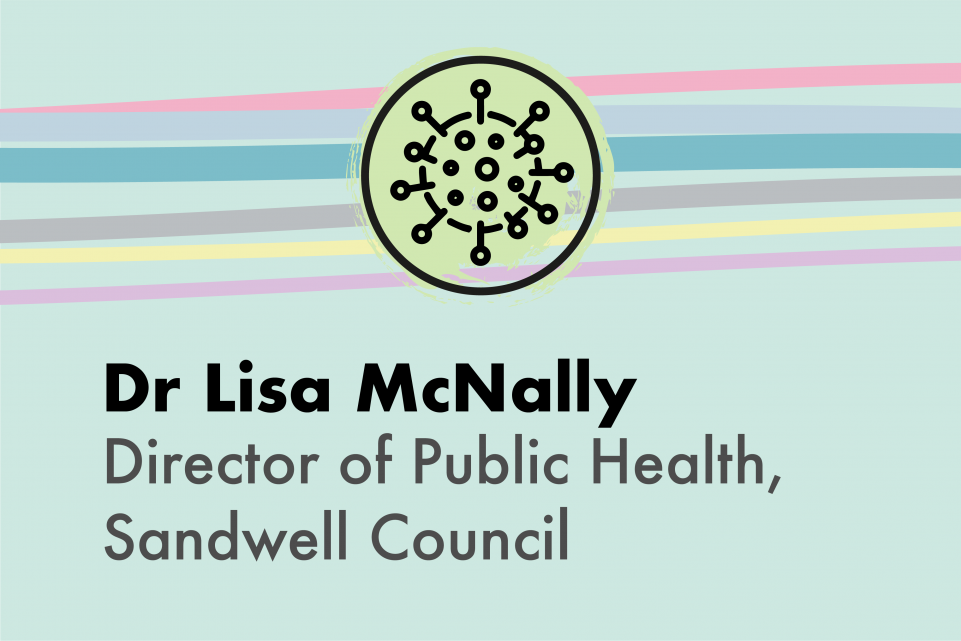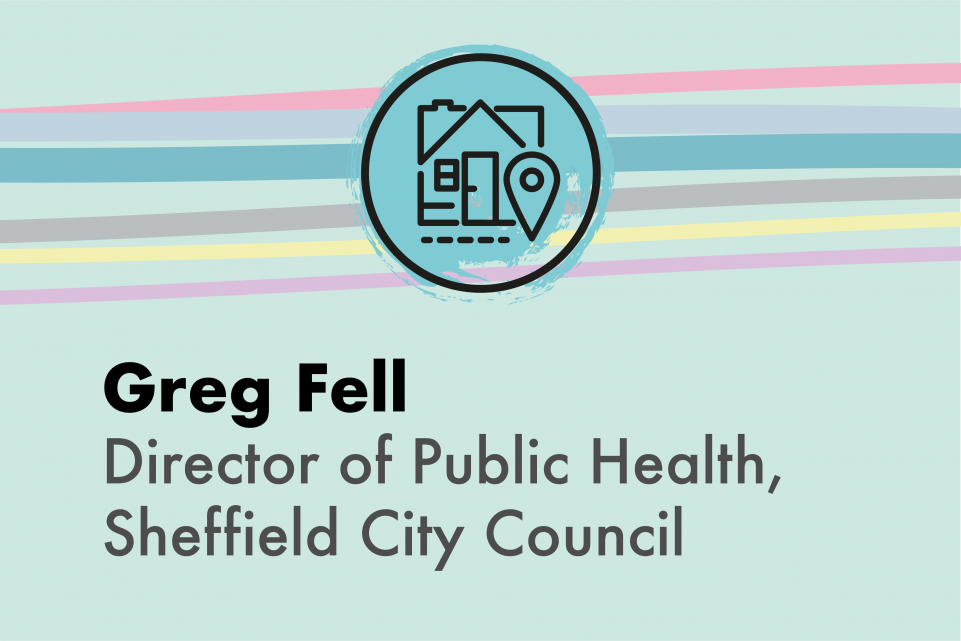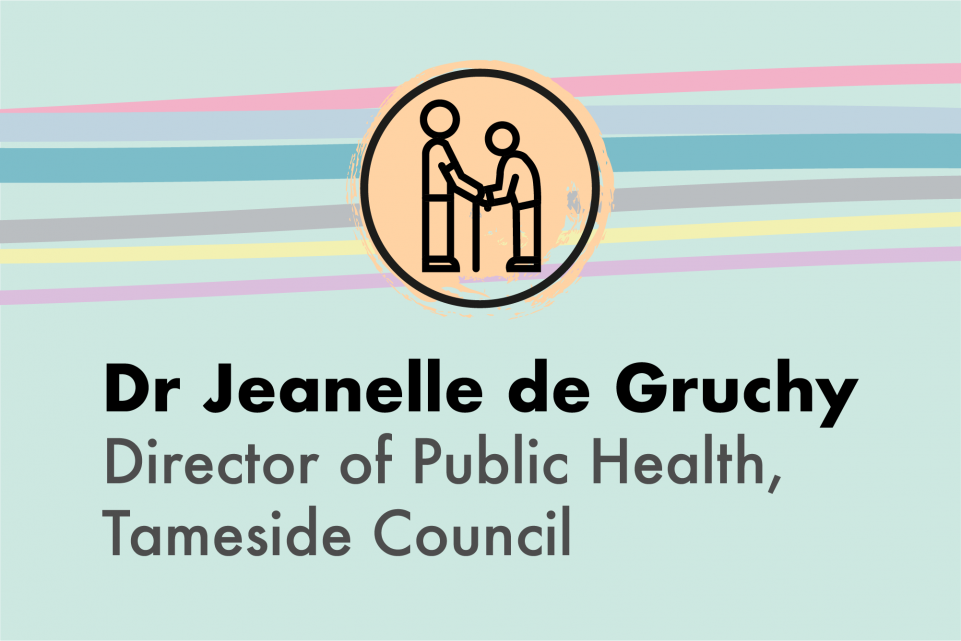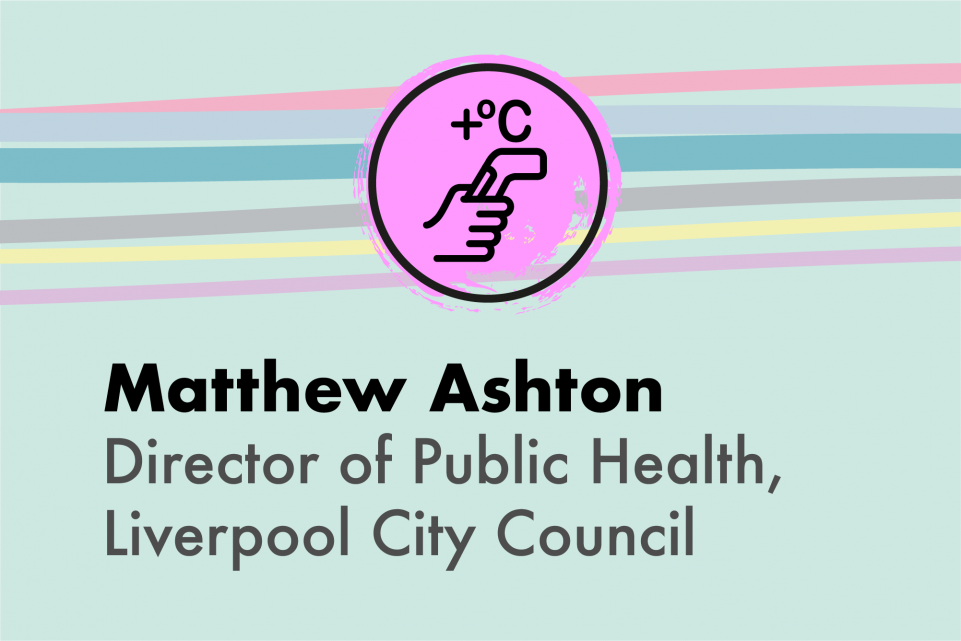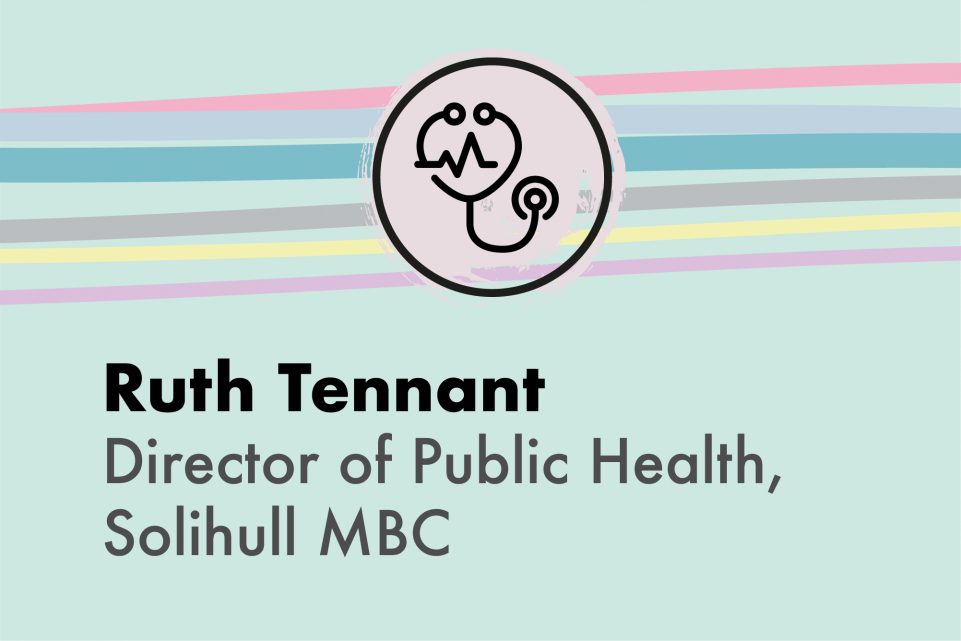Interview with Professor Jim McManus, Hertfordshire County Council Director of Public Health.
This is the second in a series of interviews with public health directors, published on 7 May 2020.
With over 25 years experience in the field, Hertfordshire County Council Director of Public Health Professor Jim McManus is no novice when it comes to pandemics.
“This is actually my fourth – I have gone through HIV, Sars and Swine Flu – and while they are all different there are some common lessons. For directors of public health, I would say we need to have resilience, adaptability and consistency.
“We have obviously got to stay the course – and it will be a long one for coronavirus. We have to have adaptability to change tactics and advice as the cycle of infection and recovery changes and we must always keep a consistent eye on the science and road to get out of this.”
He said so far the early stages of this pandemic have been a mixture of frustrations, with the national response, and feelings of a good job done in pressured circumstances, with the local successes.
The fight to get information
“National bodies like NHS England and to an extent Public Health England have been slow to provide local authorities with data and that has caused problems.
“During the containment phase we were told we had cases in our area, but we were struggling to find out exactly who had tested positive and much more information about them. The quality of information we got was very variable and we weren’t alone.
“We wanted to know things such as whether they were working in a school, for example, or whether they had caring responsibilities so we could take the necessary action. It was very unhelpful. Although there have been excellent examples of collaboration between us and national agencies.
“Getting access to data has consistently been a difficulty. As the virus spread, we were trying to model the number of hospital beds that were needed, but we struggled to get information about cases and deaths. That meant the information we could provide to hospitals took longer than it should.
“There was also a view that local areas shouldn’t be doing modelling. But this would simply place us in an unacceptable position, not having national data handed down but not having a local view either. Now, the data modelling done by Hertfordshire and other areas like Sheffield is being looked at as best practice in the population health world including NHS colleagues.
“Tracking outbreaks in care homes has taken longer as well and that affects the support we have been able to provide. At the local resilience forum information sharing has been a perpetual issue but we feel we are now in a good position, and the LRF really helped us get there.”
‘We had schools helpline set up early’
Professor McManus said his team have been working hard to develop guidance, briefings and support for local services and people. Webinars have been run and project managers despatched to work with individual council departments, as well as providing technical and public health leadership across over 25 workstreams from care homes to modelling numbers of people likely to die.
A toolkit was developed for enabling the district councils, police and partners to use the new and existing public health powers, including sharing lawyers and paperwork. Meanwhile, a dedicated plan aimed at cocooning fire-fighters was drawn up early, which was intended to stop the infection getting to them and protect service capability as much as possible.
“We have tried to be proactive throughout. For example, five days before Public Health England had set up a helpline for schools, we already had one. Schools desperately needed information.
“They had questions about parents who were self-isolating and yet sending their children to school, questions about what to do with a member of staff had come back from Italy, whether schools had to be deep cleaned and how to handle parents’ concern. There was a lot of contradictory information out there so unsurprisingly schools were confused.”
University and schools helped with PPE
Professor McManus said a lot of work has also been done with the social care and hospice sectors, which he believes have not been properly understood or prioritised by national government – and that has resulted in some of the problems that have since developed.
“They did not seem to understand what social care was doing. At one point there was a view in guidance asking care workers to carry out risk assessments before they go into homes. The visits may only be for 15 or 30 minutes - they cannot carry out a risk assessment and do their jobs. Home care is not a hospital environment.”
“We ended up setting up a system to source and buy PPE and got our local university to manufacture hand sanitiser – it took two weeks from concept to delivery – while schools made masks and visors for carers. We managed to do this quicker than it took for the national PPE deliveries to start arriving.
The dangers of the parallel epidemics
Professor McManus said another lesson his experience of previous pandemics taught him was the risk of the “parallel epidemics” of anxiety, mental ill-health and the stacking up of low-priority health issues form dental pain through to a lack of mobility from the cancellation of routine surgery.
Voluntary sector group Herts Help in partnership with the county council is coordinating support for vulnerable people in the county who are struggling to get medication and food during the outbreak, while the council is running a public information campaign about resilience and wellbeing during lockdown. Information has been circulating on social media and leaflets sent to every household.
“You cannot just focus on the virus, particularly in this epidemic because of the nature of social distancing. This has to be a priority going forward.”
As part of that, Professor McManus has worked hard to ensure vital services have been kept running. “This has been one of the most complex part of the work I and my team have been doing. Resources have been diverted to COVID so we have had to prioritise which services could be switched to online and what became urgent only.
“But this requires careful consideration. If you switch all drug treatment or health visiting to COVID and people die and safeguarding crises happen. You have to keep immunisation services going otherwise you end up with outbreaks of other diseases on top of COVID.
“I’ve actually done more of some things. As evidence grows that smokers are at high risk of severe COVID disease, we’ve ramped up smoking cessation. In one week for example we took on an extra 400 people wanting to quit.”


